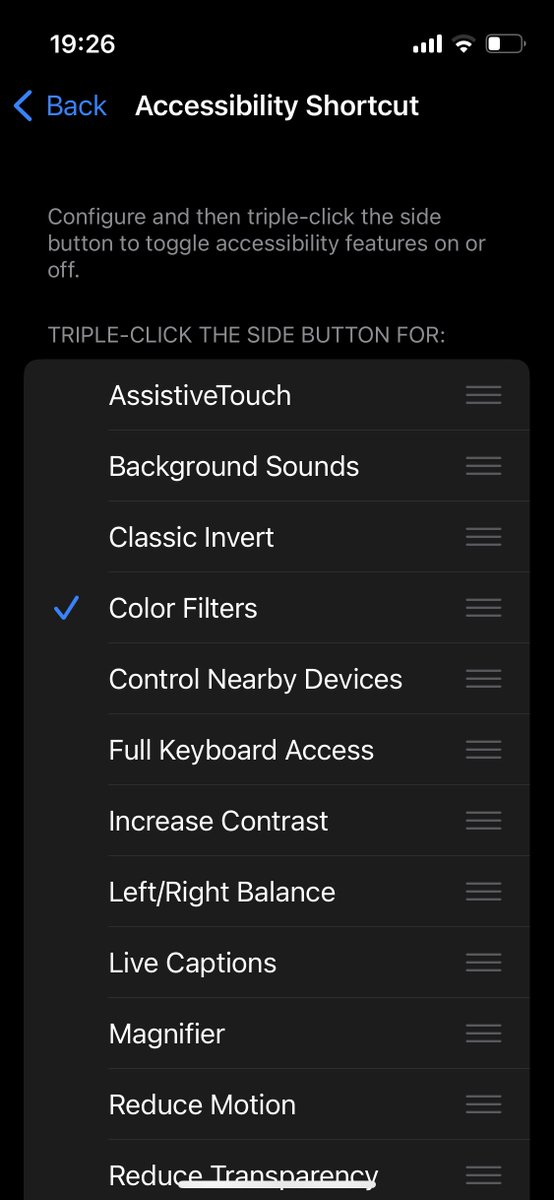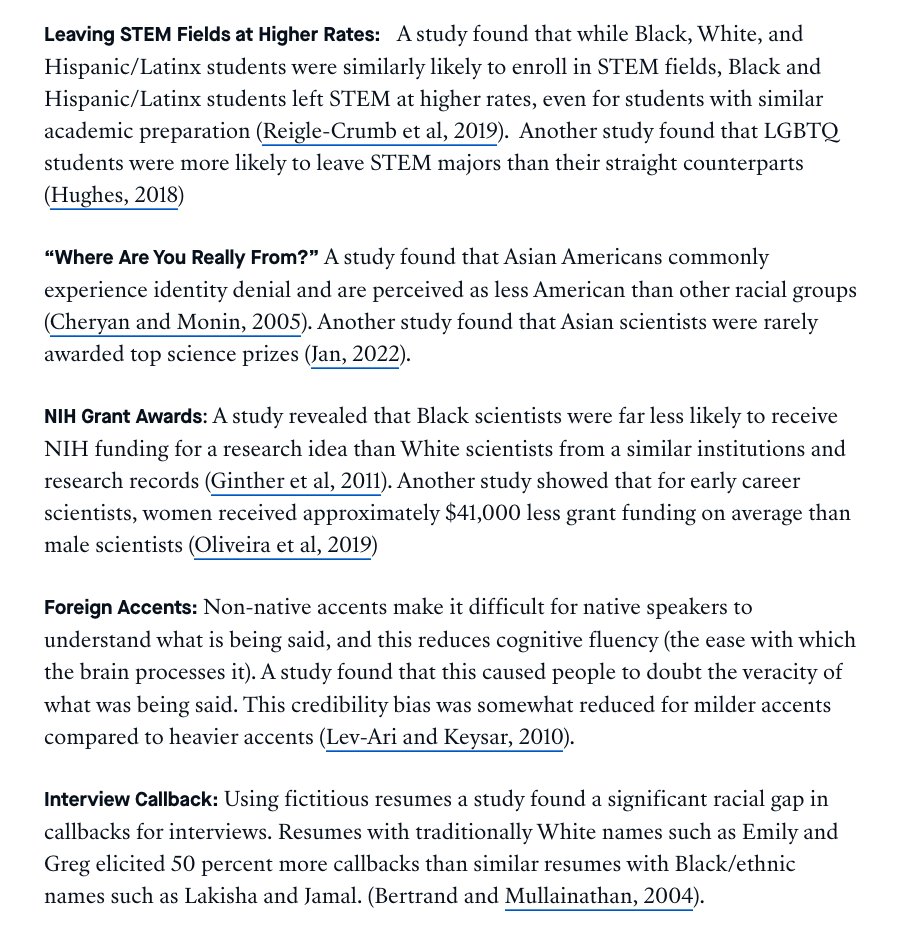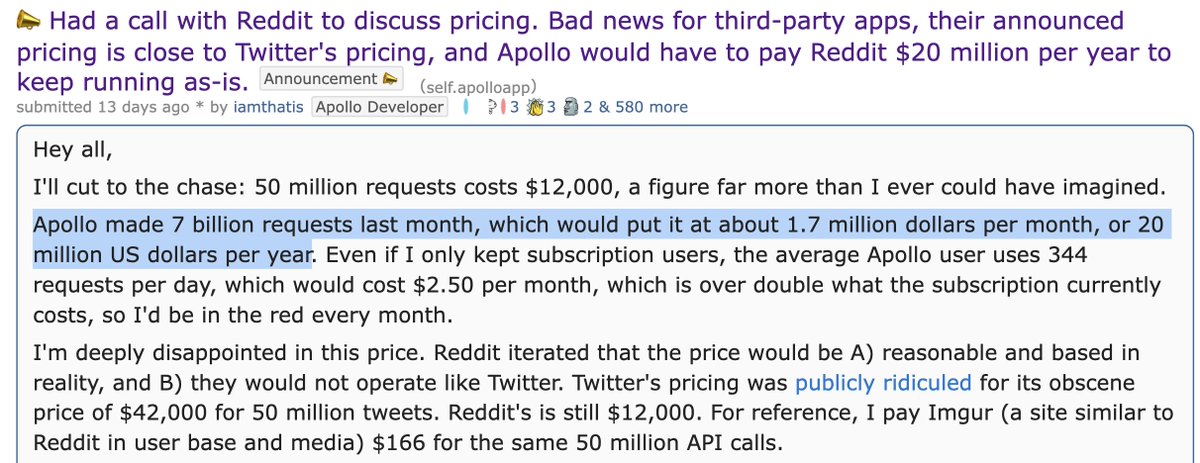2024 is going to be an insane year.
It's not too late to get ahead of it and make a plan.
You can do this exercise in an afternoon to win your year:
(Bookmark this!)
It's not too late to get ahead of it and make a plan.
You can do this exercise in an afternoon to win your year:
(Bookmark this!)
I just finished my third year doing yearly planning with @maggielove_.
We've simplified our system to just three components:
- reflection
- planning
- accountability
Here's how it works:
↓
We've simplified our system to just three components:
- reflection
- planning
- accountability
Here's how it works:
↓
First, look back at 2023 and chart out the year :
- travel
- major events
- illnesses/injuries
Below that, craft a few summaries:
- accomplishments/failures
- lessons
- who influenced you
It will become obvious what 2023 was "about."
- travel
- major events
- illnesses/injuries
Below that, craft a few summaries:
- accomplishments/failures
- lessons
- who influenced you
It will become obvious what 2023 was "about."
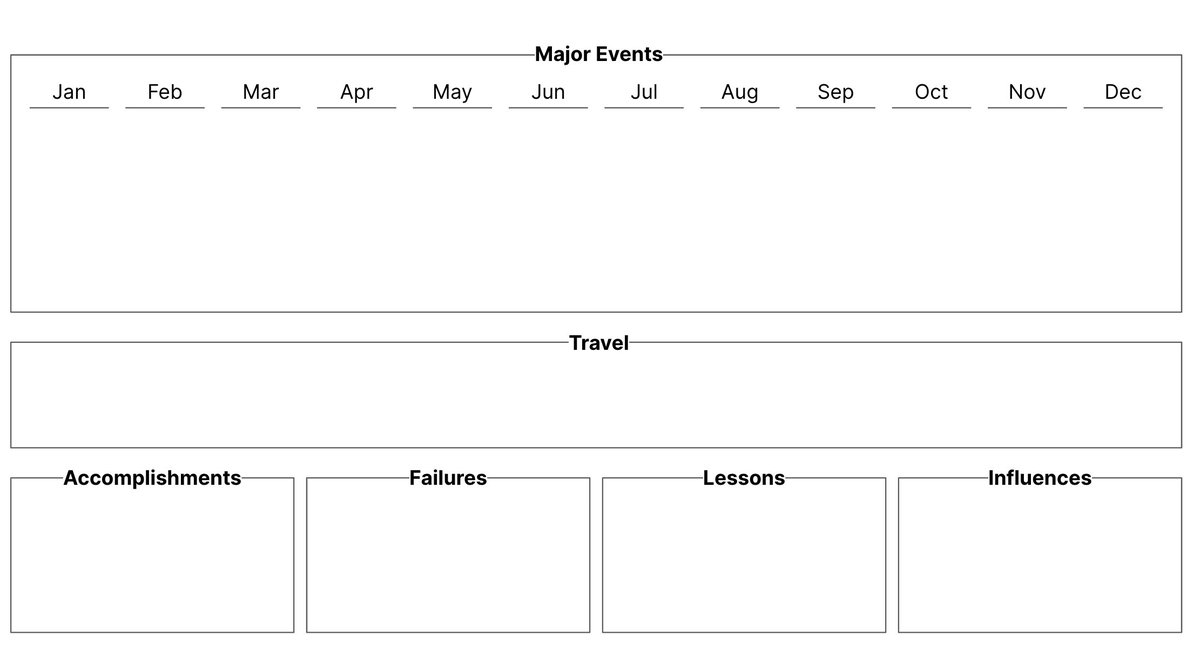
Then, break your goals into five categories ("the five F's"):
- fun
- faith
- family
- fitness
- finances
And rate how you're doing in each category:
- great
- good
- okay
- not good
- fun
- faith
- family
- fitness
- finances
And rate how you're doing in each category:
- great
- good
- okay
- not good
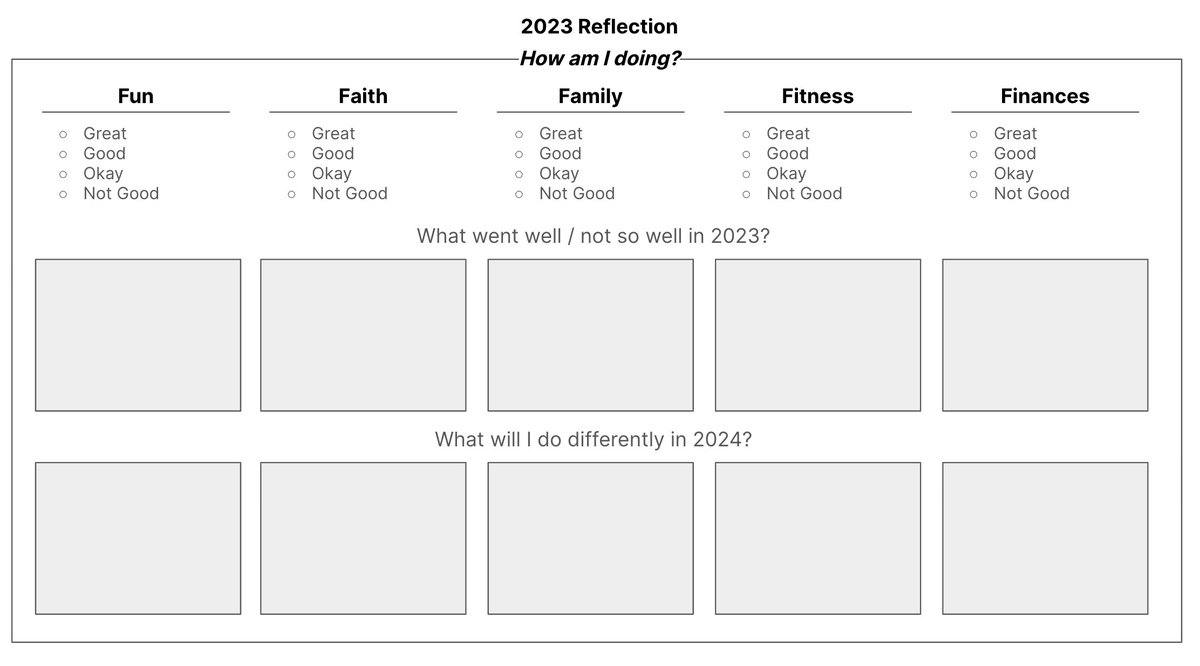
Fun:
Burnett and Evans call the Fun category "play"--how are you engaging in effortless creative experimentation the way a child does it?
Think:
- playing music
- writing
- sports
Burnett and Evans call the Fun category "play"--how are you engaging in effortless creative experimentation the way a child does it?
Think:
- playing music
- writing
- sports
Faith:
Whatever your belief, faith is an empirically critical part of life satisfaction.
Studies show religious people are significantly happier and less anxious than their non-believing counterparts.
Don't underestimate its power.
Whatever your belief, faith is an empirically critical part of life satisfaction.
Studies show religious people are significantly happier and less anxious than their non-believing counterparts.
Don't underestimate its power.
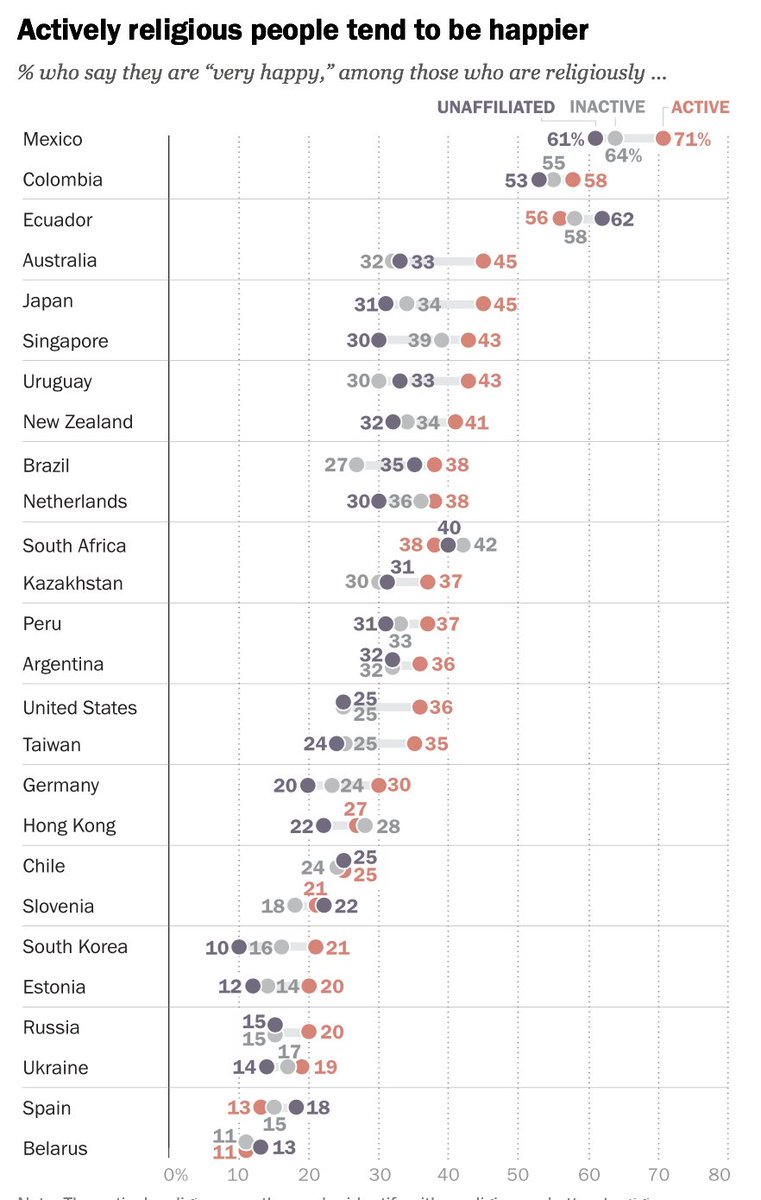
Faith can take many forms, and it doesn't have to mean religion.
It can be a personal connection with the divine, the innate, the infinite, the mysterious.
How are you developing your faith in something eternal rather than material?
It can be a personal connection with the divine, the innate, the infinite, the mysterious.
How are you developing your faith in something eternal rather than material?
Family (and friends!)
This is your blood relations and your community. How are you building a unit that's larger than just you?
How are you helping your community grow and be healthy and happy?
This is your blood relations and your community. How are you building a unit that's larger than just you?
How are you helping your community grow and be healthy and happy?
Fitness:
There is a spectrum for health:
Sickness --> Wellness --> Fitness
The goal is to move yourself one "click" to the right.
If you're sick, get un-sick.
If you're well, get fit.
But remember: you can't jump from sickness to fitness. You have to get well first.
There is a spectrum for health:
Sickness --> Wellness --> Fitness
The goal is to move yourself one "click" to the right.
If you're sick, get un-sick.
If you're well, get fit.
But remember: you can't jump from sickness to fitness. You have to get well first.
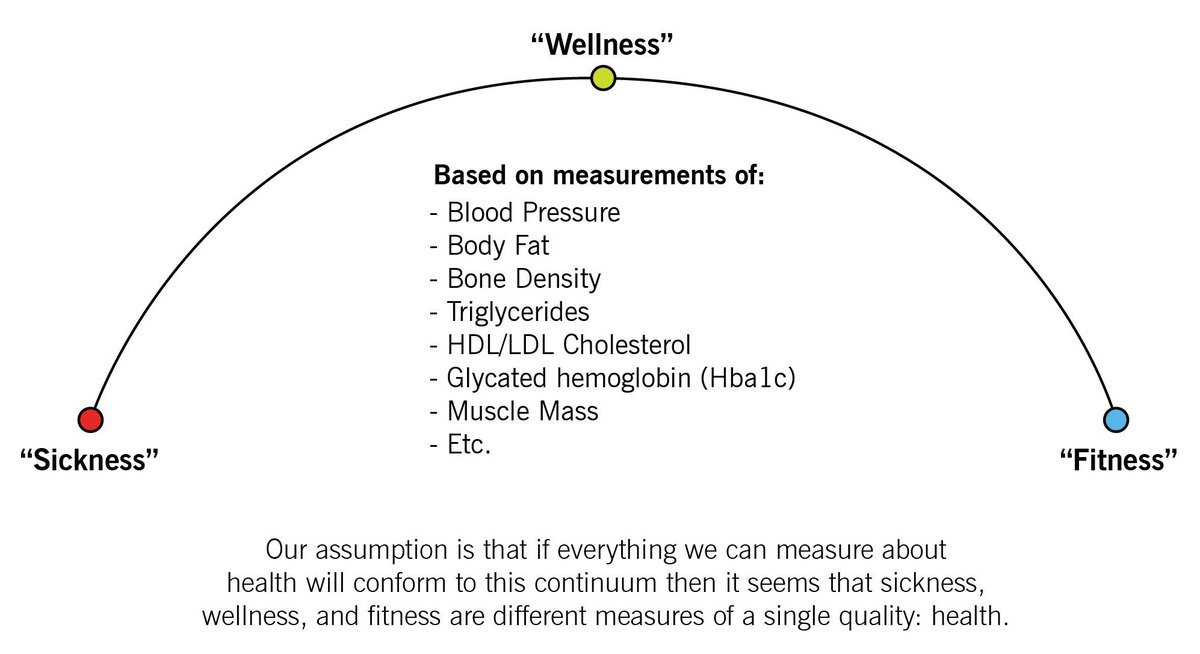
In 2022 my health was in shambles. I had COVID, flu, multiple colds, food poisoning, and injuries to my ankle and back.
I swore in 2023 I would put health first. That meant:
- Home cooked food
- Daily vitamins
- Better sleep
I haven't gotten sick once this year.
I swore in 2023 I would put health first. That meant:
- Home cooked food
- Daily vitamins
- Better sleep
I haven't gotten sick once this year.
Finances:
This is a massive category that includes both your earning (income / career) and your current financial state (balance sheet).
This is a massive category that includes both your earning (income / career) and your current financial state (balance sheet).
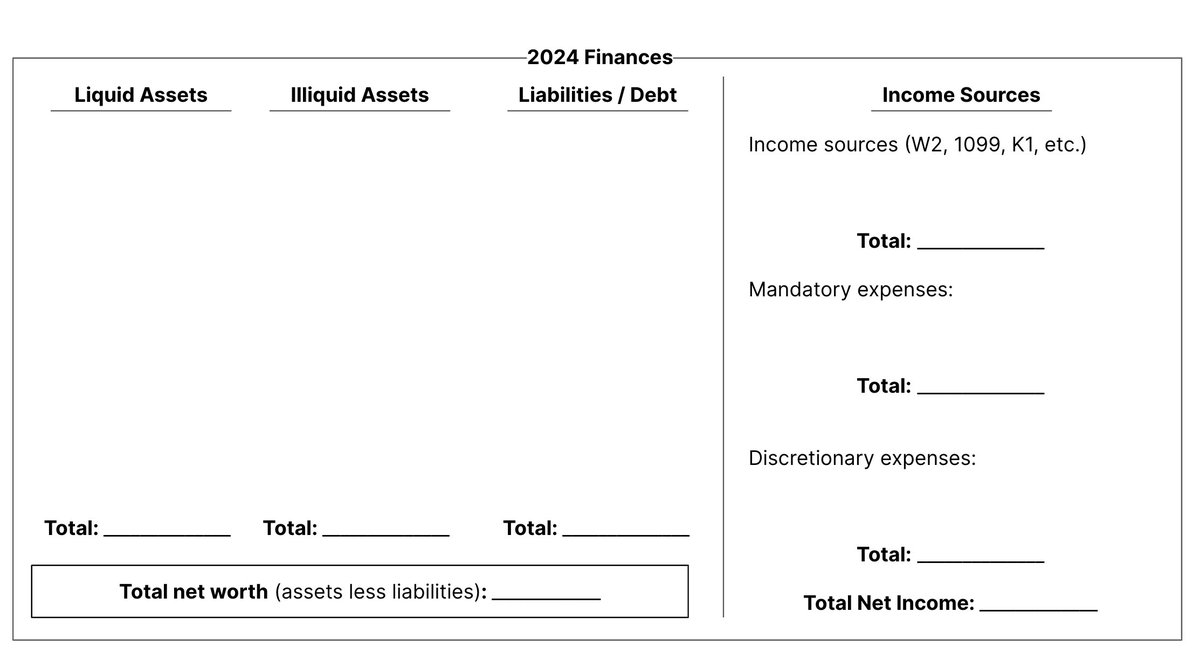
Career:
- What are my goals in 2024?
- How do I expect to earn more?
- How can I scale my efforts so I can focus on hiring, managing, and delegating rather than doing?
- Where do I want to be in 5 years?
- What are my goals in 2024?
- How do I expect to earn more?
- How can I scale my efforts so I can focus on hiring, managing, and delegating rather than doing?
- Where do I want to be in 5 years?
Income statement:
- How much do I make net of taxes?
- What are my ongoing mandatory expenses? Discretionary expenses?
- What can I cut or reduce? What do I need to spend more on?
- How much should I save every month, and what am I saving it for?
- How much do I make net of taxes?
- What are my ongoing mandatory expenses? Discretionary expenses?
- What can I cut or reduce? What do I need to spend more on?
- How much should I save every month, and what am I saving it for?
Balance sheet:
- Where are all my assets and all my liabilities (debt)
- What am I worth on paper?
- What can I turn into cash in case of a rainy day?
- What aren't I paying attention to?
- Where are all my assets and all my liabilities (debt)
- What am I worth on paper?
- What can I turn into cash in case of a rainy day?
- What aren't I paying attention to?
CRYPTO:
Don't make the mistake of selling late, or round-tripping your holdings.
- set aside what you're allocating to crypto this cycle
- make a plan for deploying (DCA or lump sum)
- make a plan for selling (some at 1.5x, some at 2x, some at 3x, etc.)
Don't make the mistake of selling late, or round-tripping your holdings.
- set aside what you're allocating to crypto this cycle
- make a plan for deploying (DCA or lump sum)
- make a plan for selling (some at 1.5x, some at 2x, some at 3x, etc.)
Don't forget the ANNUALIZED RETURN of the S&P is ~8%.
If you own crypto you're exposed to an insanely high-beta asset. 50% gains if you're lucky to get it this cycle is already tremendous (~6 years in the S&P!!).
If you own crypto you're exposed to an insanely high-beta asset. 50% gains if you're lucky to get it this cycle is already tremendous (~6 years in the S&P!!).
Upon reflection, you'll likely notice something is imbalanced (cough, irresponsibly overexposed to crypto, cough).
It's common to have too much focus on work and no focus on play; or a focus on fun but not fitness.
It's common to have too much focus on work and no focus on play; or a focus on fun but not fitness.
Make goals to bring your life into balance, e.g.:
- DCA into the S&P
- join a faith group
- stretch every morning
- organize a trip with friends or family
And find a weekly or monthly accountability partner to review your goals with you.
- DCA into the S&P
- join a faith group
- stretch every morning
- organize a trip with friends or family
And find a weekly or monthly accountability partner to review your goals with you.
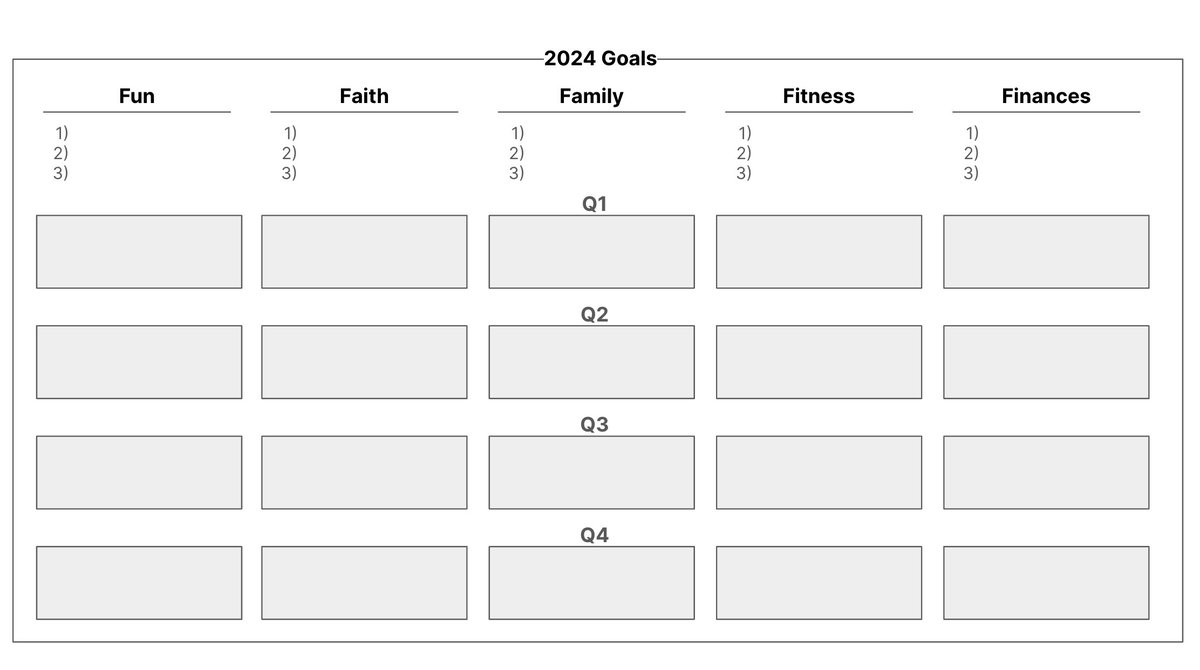
Finally, set habits and rituals:
- daily
- weekly
- monthly
It's much easier to follow through if you set aside the time and automatically execute.
- daily
- weekly
- monthly
It's much easier to follow through if you set aside the time and automatically execute.
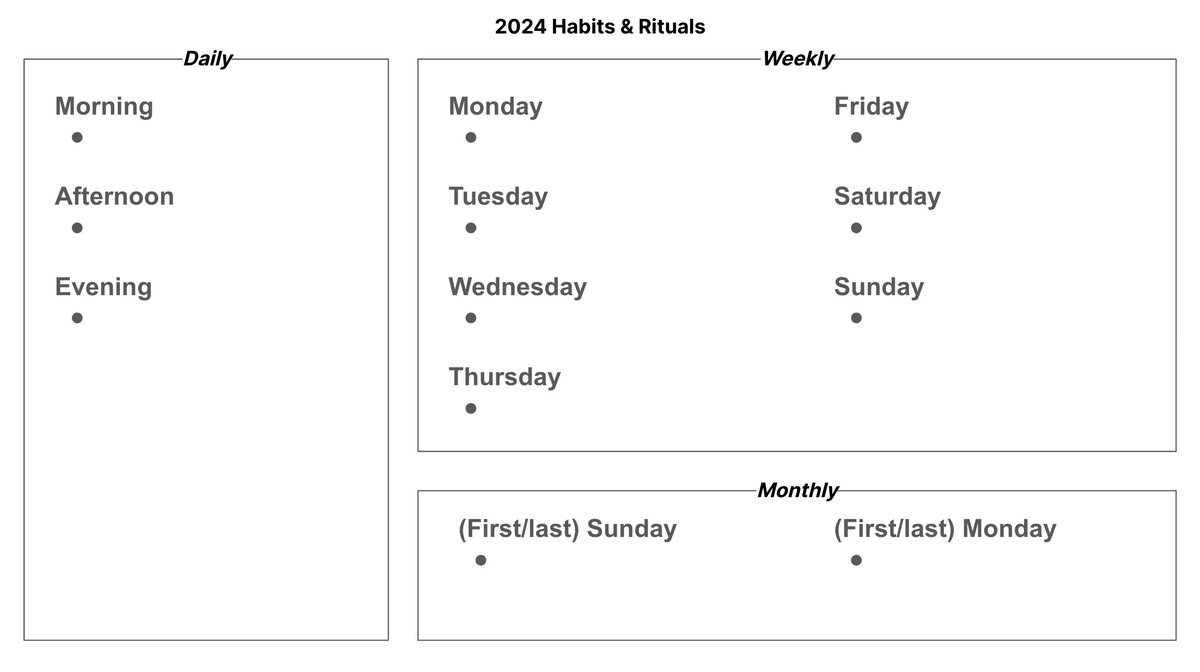
Much of our plan is derived from the book Designing Your Life by Stanford professors Burnett and Evans which is a fantastic manual.
Here's the full template:
Thanks @maggielove_ for doing this w/ me every year!
And shoot me a follow if this was helpful!docs.google.com/presentation/d…
Here's the full template:
Thanks @maggielove_ for doing this w/ me every year!
And shoot me a follow if this was helpful!docs.google.com/presentation/d…
• • •
Missing some Tweet in this thread? You can try to
force a refresh





